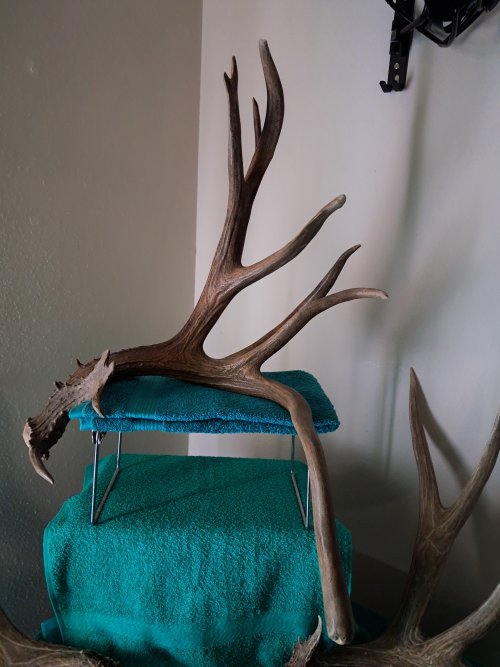Was finally able to draw a mule deer tag this year, very excited!!! The past few years I’ve hunted general near Colstrip, so being able to truck through some western country this season will be a great change of scenery.
My family and I are planning a scouting/camping trip in a couple weeks for this unit and I was curious if anyone is familiar with the area? I’m thinking of starting on the eastern side near Fleecer Mt. mgmt area. After that working my way west towards the Mount Haggin mgmt area and then up north towards Anaconda. Any tips/info is greatly appreciated!
Side Note: Goodluck to everyone that put in for Antelope!
My family and I are planning a scouting/camping trip in a couple weeks for this unit and I was curious if anyone is familiar with the area? I’m thinking of starting on the eastern side near Fleecer Mt. mgmt area. After that working my way west towards the Mount Haggin mgmt area and then up north towards Anaconda. Any tips/info is greatly appreciated!
Side Note: Goodluck to everyone that put in for Antelope!





